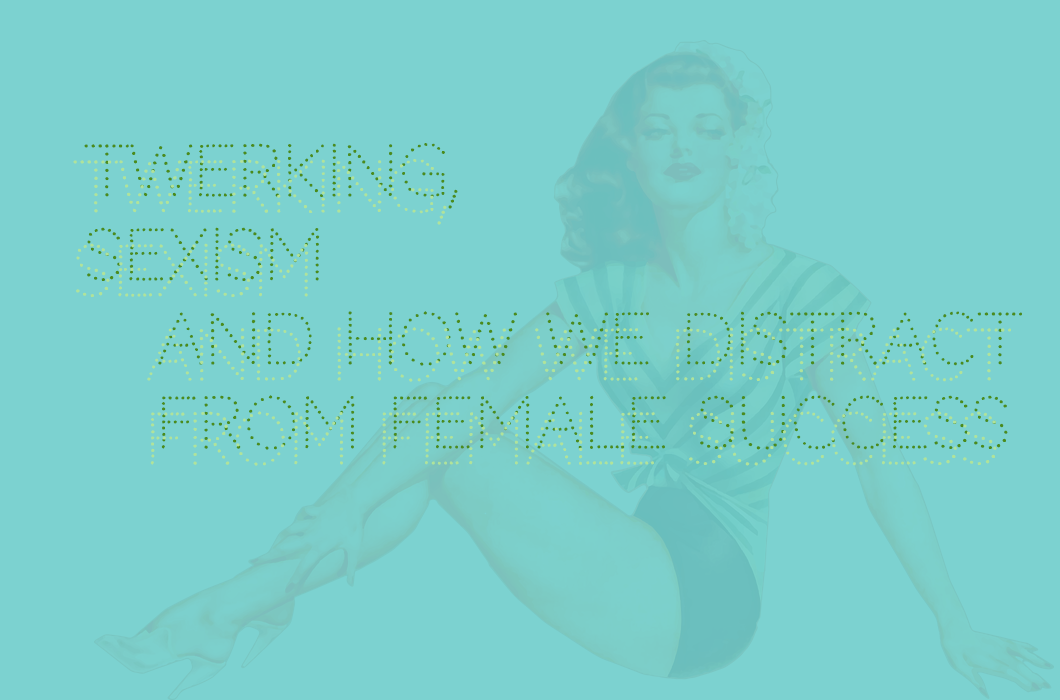[Written by Amy Shimmins]
[Image by Aike Jansen]
At the end of 2018, Ada Hegerberg was awarded with arguably, the greatest accolade in her sport, the Ballon d’Or. This was the first time that any woman has been awarded the prize, and winning the inaugural Ballon d’Or Féminin followed an exciting year for Hegerberg of winning the league with her side, Olympique Lyonnais, as well as the Women’s Champions League. She scored forty-six goals in this period and has already scored another fourteen in the current season (at the time of writing). I’m noting these achievements here, as almost all of the coverage has focused not on her success, but rather the distraction that took place as she received her trophy, which is probably what you’ve heard more about.
Hegerberg was asked by the ceremony presenter, Martin Solveig, if she knew how to twerk as she received her prize. She responded with a cool negation of his comment, despite appearing awkward throughout the exchange. Solveig later tweeted that he had apologised to Hegerberg and that it had been a joke; but by that point, the damage had been done. On the other hand, the recipient of the male category, Luka Modric, received his trophy to applause. The response Modric was able to enjoy, compared to the commotion Hegerberg experienced, demonstrates the gulf between how we celebrate men and women in football, and how women’s success can be seen as threatening.
These distractions also belittle women’s achievements, seeing them as unequal to those of men in the same sport. Instead of asking about her about how her team have now won the league twelve times in a row, or how she has been top goalscorer twice, or even simply how it feels to have won, we’re telling Hegerberg—and any woman or girl in football—that how you look, or how well you can twerk, is more important than your sporting prowess. The respect offered to Modric in comparison suggests that women’s achievements are dependent on their value to men. We can ignore these great accolades in favour of frivolous questions because they don’t really mean that much anyway, do they?
Women in football are held to a higher standard than men, with less room for failure. Alex Scott, who received criticism online for daring to be a female pundit at the 2018 World Cup, became the first ever woman to commentate for Sky’s Super Sunday programme this August. Meanwhile, male pundit Chris Kamara is well-known and loved for his frequent slip-ups during commentary; perhaps his most famous incident being him completely missing a red card in a match back in 2010. It’s difficult to imagine if Scott, or any other female commentator, would be treated with the same kindness in such an incident.
Away from football, Kirsten Stewart and Jesse Eisenberg highlighted one great example of the difference in interviewing techniques. Interviewing each other for Funny or Die, Eisenberg asks Stewart questions about his career, whereas Eisenberg is asked about fashion and relationships. Eisenberg’s surprise demonstrates the difference in treatment between cisgender men and cisgender women in the media; a woman’s appearance or sexuality trumps her career achievements, distracting from the real reason any female actress or sports-person would be there in the first place.
This is not just an issue with sport as a sexist institution. Hollywood—and the media as a whole—have a long way to go in representing women’s achievements as equal to those of men. Journalists, presenters, and fellow stars have a responsibility to paint these achievements fairly and in the same way a man’s would be. Alternatively, maybe next year we could ask the male Balon d’Or winner to twerk, or ask questions about his personal life, too. Doesn’t seem relevant? Then it’s not relevant to ask Hegerberg the same.
[Image description: A blue background with a very faded image of a pin-up girl, over which the text ‘Twerking, sexism and how we distract from female success’ is placed twice in a font made up of dots rather than lines.]

